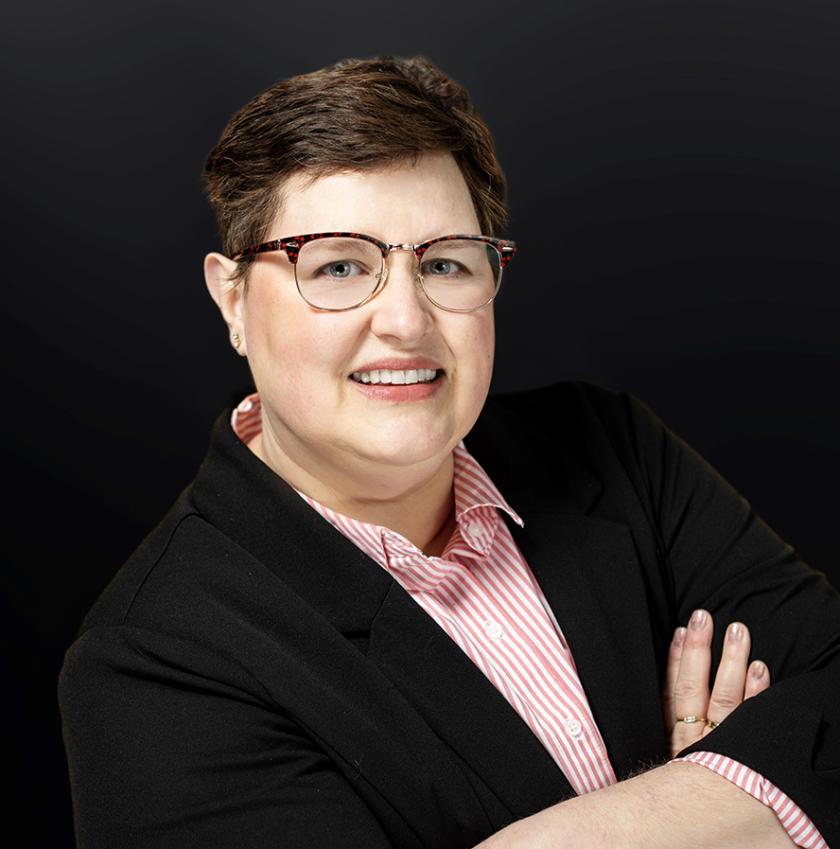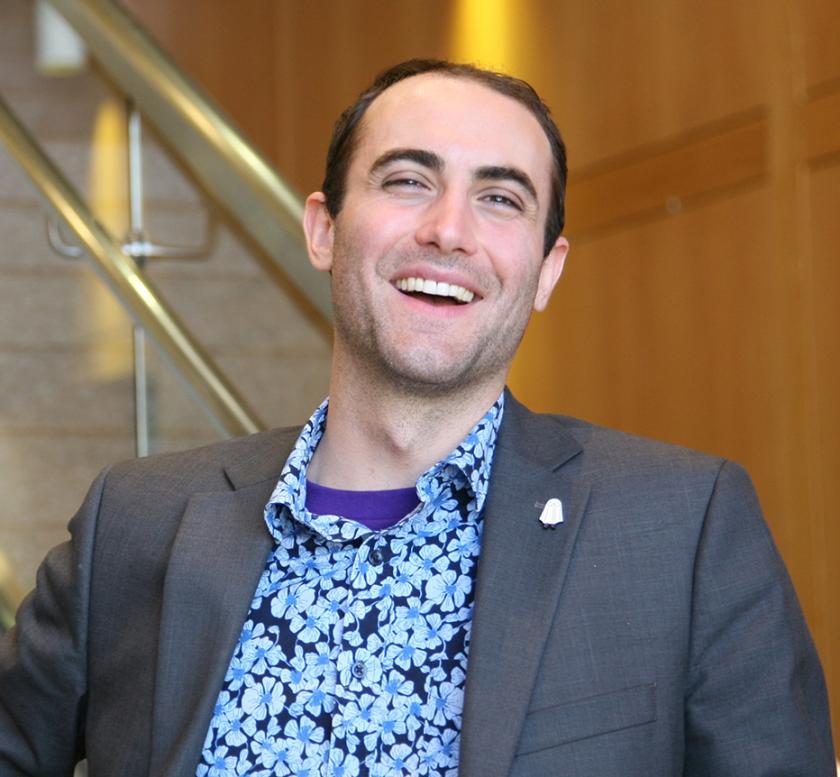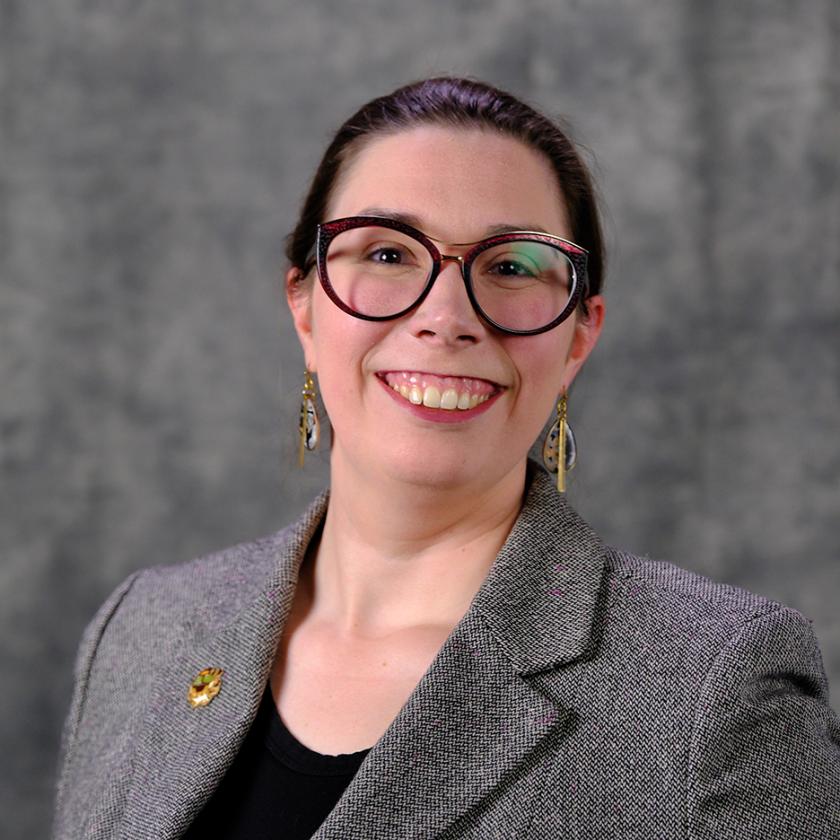Two iSchool alumni and an MSLIS student are included in Library Journal's 2025 class of Movers & Shakers, an annual list that recognizes 50 professionals who are moving the library field forward as a profession. Leah Gregory (MSLIS '04) was honored in the Advocates category, Billy Tringali (MSLIS '19) was honored in the Innovators category, and University Library Assistant Professor and Digital Humanities Librarian Mary Ton (current MSLIS student) was honored in the Educators category.

Leah Gregory is the school library membership coordinator at Illinois Heartland Library System. After the educational disruptions caused by the COVID-19 pandemic, Gregory transitioned from her work as a middle school librarian to her current role, where she provides continuing education and support for school librarians. Spurred by her own experiences as a school librarian, she partnered with RAILS (Reaching Across Illinois Library System) to create the Illinois School Library Workers Symposium, which offers continued training relevant to school librarians. Gregory is also active in advocacy, with a goal of passing legislation that requires districts to have certified school librarians.

Billy Tringali, an instruction librarian at Indiana University Indianapolis, has worked to bring manga and anime to library patrons since he was 12 and donated his collection to his hometown library. While he was an MSLIS student in the iSchool at Illinois, he founded Journal of Anime and Manga Studies (JAMS), an open-access publication dedicated to providing an ethical, peer-reviewed space for academics, students, and independent researchers to share their research in the field of anime, manga, cosplay, and fandom studies. Since its launch, JAMS has had 135,000 downloads. Tringali also worked with Anime Expo to create JAMS@AX, an academic conference within the fandom-focused one.

Mary Ton supports AI use, as long as it is ethical. To this end, she has presented about the benefits and drawbacks of AI, designed a workshop series, and developed a course module for instructors. Her approach has been to explain how AI works, identify its limitations, and create a welcoming environment for experimentation. She is particularly interested in how AI can advance accessibility by “creating metadata or improving transcriptions of digitized materials.” AI can reduce these large-scale tasks, time-consuming or impossible for humans to complete in a single lifetime, to a fraction of the time. By datafying information held in libraries, Ton sees the potential to present the humanities to data scientists.